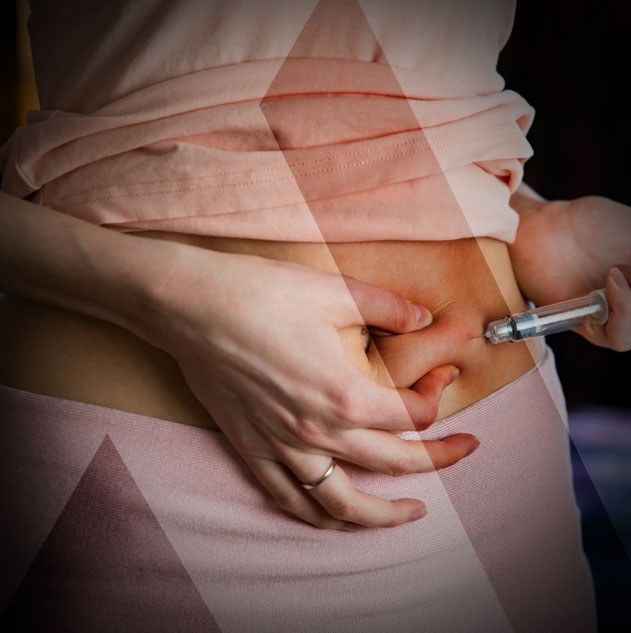IVF Turkey is a very advanced technique that allows fertilization to take place outside the female genital tract.
IVF was invented in England by Robert Geoffrey. His first attempt was made in 1978. The success of the technique was spectacular. At that time, fertilization was done in test tubes which explains the use of the term IN VITRO and the use of the expression "test tube baby" by the specialists.
The principle of In Vitro Fertilization Turkey consists of performing an artificial insemination by placing the sperm and the ovocytes in a culture environment identical to that of the fallopian tubes and the uterus.
The obstetrician-gynaecologist first asks the future parents to carry out several necessary tests : serological tests, hormone assays, a spermogram, etc.
He provides them with details about IVF, its advantages and disadvantages as well as the percentage of success of this technique.
Fertilization : how is it done ?
Millions of sperm occupy the vagina after a sexual intercourse. These sperm will try to migrate to the fallopian tubes to fertilize the egg. Each sperm is made of two parts : the head and the flagellum.
In the cervical mucus, the number of sperm decreases to half. The others continue to make their way. Only the most resistant sperm reach the fallopian tubes where the mature egg is already expelled.

Very few sperm reach their destination. They surround the egg and try to break free of the envelope that protects it. Only one of them manages to get inside. It separates from its flagellum and creates a barrier to block the other sperm. The ovocyte is thus fertilized.
However, this fertilization does not occur easily for all the couples.
When should IVF be performed ?
The process of medically assisted reproduction is performed when one of the two partners suffers from sterility. But what is sterility ?
Sterility is the inability to conceive an embryo despite several attempts. A couple is said to be infertile only after trying to conceive a child for a whole year without achieving any results. This problem can be due to a female infertility or to a male infertility.

IVF Turkey is performed as follow:
- The obstetrician injects hormones into the future mother’s body in order to stimulate fertility and to promote the production of a good quantity of mature eggs.
- The eggs are retrieved using a needle inserted into the vagina.
- After selecting the best spermatozoa, they are cleaned and then injected directly into the cultivated eggs.
- Once the fertilization is done, the egg starts to divide into several parts to give birth to many cells.
- 72 hours after the artificial insemination, the embryos are inserted into the uterus.
- The doctor may prescribe some treatments to ensure the proper implantation of the embryos in the uterine cavity.
Usually, several embryos are transferred each time to increase the chances of conceiving a child, that’s why, IVF sometimes gives birth to several babies.
After IVF Turkey, the woman should behave normally and be positive. It is necessary to keep away from stress, fatigue and not to submit to pressure from anyone.
Relaxation is highly recommended and above all, she should avoid carrying heavy loads, smoking, alcoholic drinks and of course drugs. For the rest you should let your body do the work.
After 12 or 13 days of the In Vitro Fertilization Turkey, she can do the pregnancy test and hope for a positive result. If the test is negative, it will be possible to start again after 3 to 6 months, it all depends on the age of the patient.
A follow-up with your gynaecologist is necessary in both cases.
So, ask for a free online quote to obtain the price of this technique.


 +44 20 7903 7116
+44 20 7903 7116 +33 9 80 80 44 74
+33 9 80 80 44 74

 +44 20 7903 7116
+44 20 7903 7116
 +33 9 80 80 44 74
+33 9 80 80 44 74
















